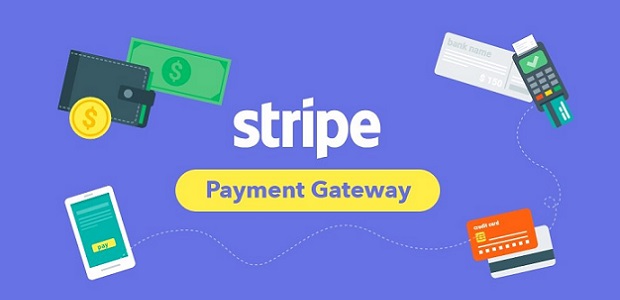
Stripe, which builds economic infrastructure for the internet, has signed agreements for a Series I fundraise of more than $6.5 billion (€6.15 billion) at a $50B (€47B) valuation. Primary investors include existing Stripe shareholders—Andreessen Horowitz, Baillie Gifford, Founders Fund, General Catalyst, MSD Partners, and Thrive Capital—as well as new investors including GIC, Goldman Sachs Asset and Wealth Management, and Temasek.
„The funds raised will be used to provide liquidity to current and former employees and address employee withholding tax obligations related to equity awards, resulting in the retirement of Stripe shares that will offset the issuance of new shares to Series I investors.” – according to the press release.
„Stripe does not need this capital to run its business.” the company explains.
“Over the last 12 years, current and former Stripes have helped build foundational economic infrastructure for millions of businesses around the world, and this transaction gives them the opportunity to access the value they’ve helped create,” said John Collison, cofounder and president of Stripe. “But the internet economy is still young, and the opportunities of the next 12 years will dwarf those of the recent past. There’s so much to discover and to create. For us, it’s now back to work.”
Benefiting from enterprise leadership and startup waves
As traditional businesses have continued to shift online, Stripe’s enterprise user base has compounded since 2019, and now includes some of the largest global enterprises like Amazon, Ford, Salesforce, BMW, and Maersk. At the same time, Stripe continues to see strong momentum with startups. Founders are starting companies at a historic rate, and Stripe Atlas saw a 155% increase in incorporations from 2019 to 2022. Stripe benefits from the early role it plays in technology waves that reverberate across the industry, like mobile marketplaces, SaaS, and now AI, with users like OpenAI, Anthropic, Midjourney, Copy.ai, CoreWeave, and a long list of others.
“Stripe’s strategy is inherently indexed to secular trends that will only compound for decades to come: the growth of the internet economy and the trajectories of the world’s most innovative and forward-looking companies,” said Josh Kushner, founder and CEO of Thrive Capital. “Stripe will continue to be at the epicenter of every new technology current, and is the de facto choice for the businesses and builders that are creating the future. This is why we first invested in Stripe in 2014, and why we are proud to deepen our partnership.”
A growing product portfolio
One hundred businesses now handle more than $1 billion on Stripe every year. Seventy-five percent of these global winners use Stripe for more than just payments and over 70% use Stripe to manage operations across multiple countries.
“Stripe is a world-class, founder-led company recognized for its durable and scaled payments business, with newer products, like Issuing, Billing, and Tax, that have the potential to be powerful accelerators to growth over time. We are proud to partner with Stripe to support the company’s continued success over the long term,” said Gregg Lemkau, co-CEO of BDT & MSD Partners.
Banking 4.0 – „how was the experience for you”
„To be honest I think that Sinaia, your conference, is much better then Davos.”
Many more interesting quotes in the video below: